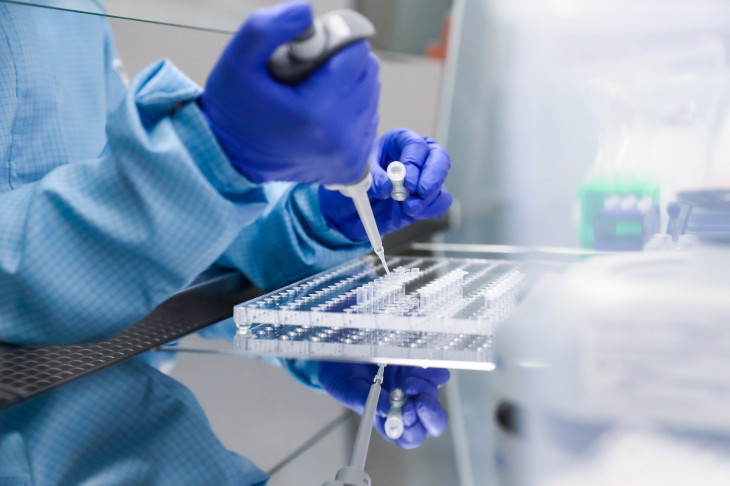
What is CoronaVirus?
According to the World Health Organization, coronaviruses are a family of viruses that cause illness ranging from the common cold to more severe diseases such as Middle East respiratory syndrome (MERS) and severe acute respiratory syndrome (SARS).
These viruses are transmitted between animals and people. SARS, for instance, was believed to have been transmitted from civet cats to humans while MERS travelled from a type of camel to humans.
Several known coronaviruses are circulating in animals that have not yet infected humans.
A novel coronavirus, identified by Chinese authorities on January 7 and currently named 2019-nCoV, is a new strain that had not been previously identified in humans.
Little is known about it, although human-to-human transmission has been confirmed.
The viruses can make people sick, usually with a mild to moderate upper respiratory tract illness, similar to a common cold.
Coronavirus symptoms include a runny nose, cough, sore throat, possibly a headache and maybe a fever, which can last for a couple of days.
For those with a weakened immune system, the elderly and the very young, there’s a chance the virus could cause a lower, and much more serious, respiratory tracts illness like pneumonia or bronchitis.
Viruses can spread from human contact with animals. Scientists think MERS started in camels, according to the WHO. With SARS, scientists suspected civet cats were to blame. When it comes to human-to-human transmission of the viruses, often it happens when someone comes into contact with the infected person’s secretions.
Depending on how virulent the virus is, a cough, sneeze or handshake could cause exposure. The virus can also be transmitted by touching something an infected person has touched and then touching your mouth, nose or eyes.
Caregivers can sometimes be exposed by handling a patient’s waste, according to the CDC. There is no specific treatment.
Most of the time, symptoms will go away on their own. Doctors can relieve symptoms by prescribing pain or fever medication. The CDC says a room humidifier or a hot shower can help with a sore throat or cough.
Drink plenty of fluids, get rest and sleep as much as possible; if symptoms (of coronavirus) feel worse than a standard cold, see your doctor. There is no vaccine to protect against this family of viruses, at least not yet. Trials for a MERS vaccine are underway.
You may be able to reduce your risk of infection by avoiding people who are sick. Try to avoid touching your eyes, nose and mouth.
Wash your hands often with soap and water and for at least 20 seconds.
If you are sick, stay home and avoid crowds and contact with others. Cover your mouth and nose when you cough or sneeze, and disinfect the objects and surfaces you touch.
Coronavirus has no cure
The Nigeria Centre for Disease Control on Wednesday said there was no specific cure for the deadly coronavirus yet.
A statement released by the centre said the NCDC was working closely with the World Health Organisation to monitor the spread of the virus. It added that the Federal Ministry of Health had been placed on alert and had increased screening measures at the nation’s points of entry.
Cases of coronavirus were first reported a few weeks ago in Wuhan, China and were thought to have been contacted from animals. It was later established that transmission from human to human was possible.
The NCDC stated, “There is no specific treatment for the disease caused by the novel coronavirus yet. However, many of the symptoms can be treated. Therefore, treatment is based on the patient’s clinical condition. In addition, supportive care for infected persons can be highly effective.
The “NCDC is currently coordinating a multisectoral technical group that is assessing and managing the risk of importation to Nigeria. It is in close communication with the WHO which is monitoring the situation globally. WHO is in direct communication with the government of China and other affected countries, and has released technical and travel guidance.”
NCDC called on travellers from Nigeria to Wuhan, China, to avoid contact with sick people, animals (alive or dead), and animal markets.
It added, “Travellers from Wuhan to Nigeria may be asked questions upon arrival by the Port Health Services unit at points of entry about symptoms of illness and travel history, and are advised to report immediately to the NCDC if they feel ill after a trip to Wuhan.”